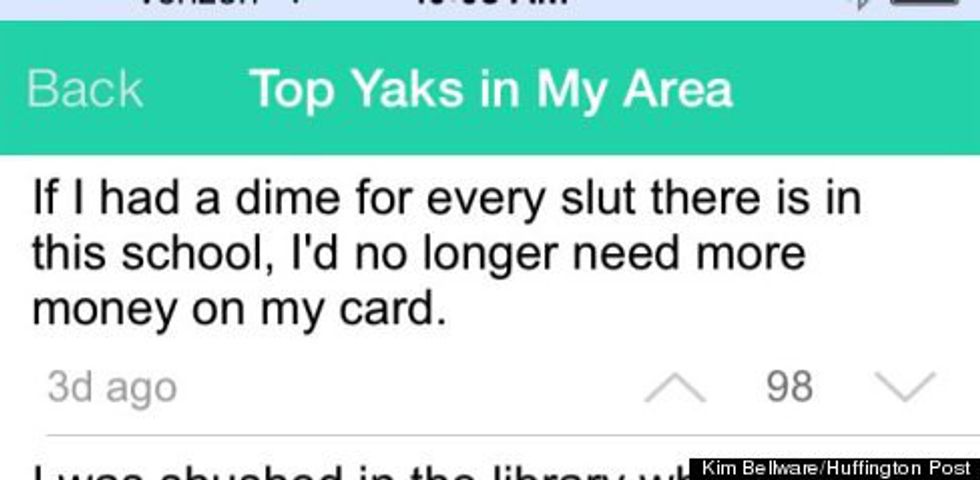When I walked onto Fairfield’s campus as a student for the first time in Fall of 2014, I had never heard of the social media application known as Yik Yak that was steadily growing more popular on college campuses. Yik Yak, founded in 2013, is an app that allows people within a 5-mile radius to create conversation threads and post whatever they want. Besides becoming a large feature of college campuses around the nation, the app also went international. Since its creation, the app has undergone various changes, such as becoming available online in January of 2016 and eventually, eliminating anonymity in August of 2016. Since then, Yik Yak has drastically dropped in popularity and is no longer part of the top 50 most downloaded social networking apps in Apple’s App Store, according to Tech Insider. However, despite my occasional amusement from Yik Yak, I cannot say that I am disappointed in its apparent decline. The app was and continues to be utilized by college-aged students for the wrong reasons. Instead of being a way for people on college campuses to spread word about special events and make lighthearted jokes, it tends to be crude and oftentimes is used to attack certain groups of people.
Recommended for you
Mahler raised a crucial point that co-creators Tyler Droll and Brooks Buffington would thankfully resolve. When people were anonymous, the app was hate-filled and people could attack whomever they pleased without any repercussions. There would be times that I would open the app only to be watch on my timeline as people referenced someone that they saw in the dining hall or walking across campus in a demeaning way. More than anything, it says a lot about the culture that Yik Yak created that people started to dislike the app once you had to create an account, even if it still was under a pseudonym.
People lose their power once they are forced to answer with their true identities and Yik Yak should never have given them the opportunity to evade responsibility for their actions. As far as I’m concerned, Yik Yak was a passing phase and unfortunately, there will be other ways to harass people in the future. Seeing as Yik Yak has lost its appeal to those people though, I don’t think that we should miss it for even a second.




















